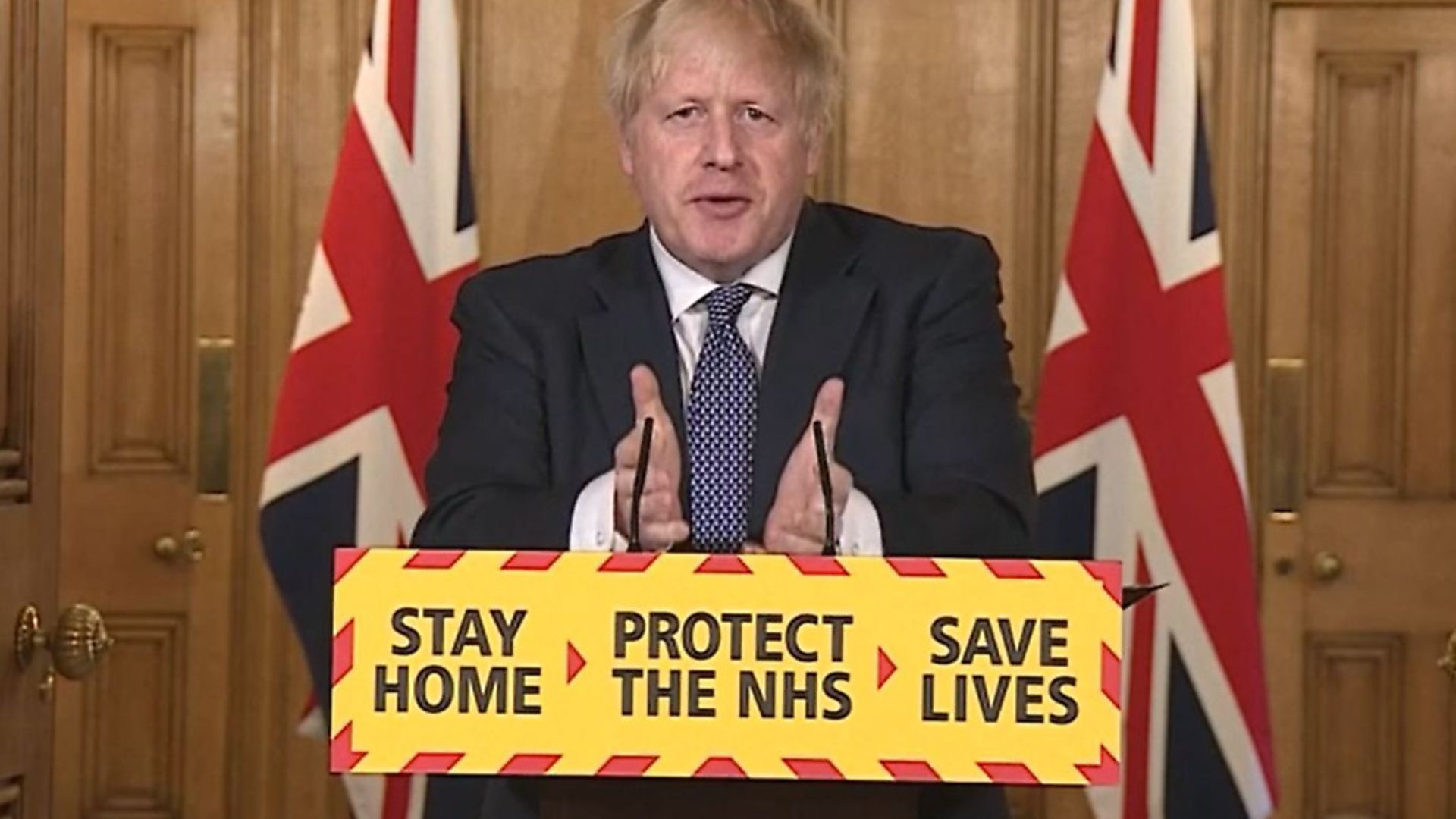
A statistician has criticised the methods used by the government’s daily briefings saying to report coronavirus deaths and tests, saying that the public is being fed ‘number theatre’.
Professor Sir David Spiegelhalter, chairman of the Winton Centre for Risk and Evidence Communication at the University of Cambridge, sits on the government’s Scientific Advice Group for Emergencies (SAGE) board.
Asked about the government’s communication to the public about coronavirus through its daily televised briefings on the BBC’s Andrew Marr Show, Sir David that Saturday’s event with Grant Shapps was ‘completely embarrassing’.
‘We get told lots of big numbers, precise numbers of tests being done – 96,878. Well, that’s not how many were done yesterday; it includes tests that were posted out.
‘We’re told 31,587 people have died; no, they haven’t, it’s far more than that.
Have your say
Send your letters for publication to The New European by emailing letters@theneweuropean.co.uk and pick up an edition each Thursday for more comment and analysis. Find your nearest stockist here or subscribe to a print or digital edition for just £13. You can also join our readers' Facebook group to keep the discussion and debate going with thousands of fellow pro-Europeans.
‘I think this is actually not the trustworthy communication of statistics.
‘It’s such a missed opportunity. The public out there who are broadly very supportive of the measures, they’re hungry for details, for facts, for genuine information, and yet they get fed this what I call ‘number theatre’, which seems to be co-ordinated really much more by a Number 10 communications team rather than genuinely trying to inform people about what’s going on.
‘I just wish the data was being brought together and presented by people who really knew its strengths and limitations and could treat the audience with some respect.’
Sir David also raised concerns about a lack of information on how many people have had the virus.
He told the programme that some say the infection fatality rate – the proportion of people infected with the virus who go on to die – is around 1%.
Putting the number of deaths at around 35,000 deaths, if this is multiplied up, it would mean that around 3.5 million people have been infected.
But others put the infection fatality rate at a different percentage, with some saying the infection fatality rate is half of one percent, which would mean that seven million have been infected, while others claim half the country has been infected, he said.
Asked by Marr how scared we should be of Covid-19, Sir David said it is ‘very important that we are aware of what the risks are’.
‘I’m not saying how anybody should feel, or what they should be worried about, but my aim, as a statistician, was that people’s anxiety should be at least roughly proportional to the actual risks that they face,’ he said.
As an example, Sir David said there are 10 million children under the age of 15 in England and Wales, and, up to April 24, there had been two deaths in this age group.
‘This is the tiniest risk you could ever think of, so I do think that when people start talking about protecting our children, this is a bit of a delusion,’ he said.
‘Obviously, I’m talking about risks to the individual themselves, we have to think about the potential for spreading the virus, and that’s absolutely vital.
‘But when we talk about personal risk, for young people, it’s staggeringly low.’
Among the 17 million under-25s, there have been 26 deaths recorded, Sir David said, adding: ‘That’s about the risk we face over a couple of days of general accidents and sudden death.’
In comparison, more than 1% of those aged over 90 have so far died from Covid-19, in a four-week period, he said.
‘That is 10,000 times the risk of the younger people.’
Sir David also referred to a tweet he sent earlier this week, asking ministers not to cite an article he had written on international Covid-19 comparisons.
The article has been used by some, including prime minister Boris Johnson, to support arguments against making any comparisons between the UK and other nations in terms of statistics such a Covid-19-related deaths.
Sir David said his article was not suggesting that no comparisons should be made, but warning against those that rank countries, such as those with higher numbers of deaths.
He said: ‘I felt forced, and my colleagues encouraged me, to go public and say ‘Please don’t do this, it’s not what I meant, don’t use this to make this claim that we can’t make comparisons’.’









